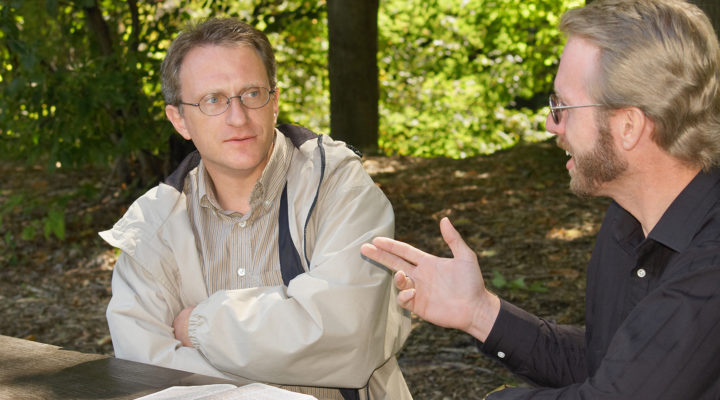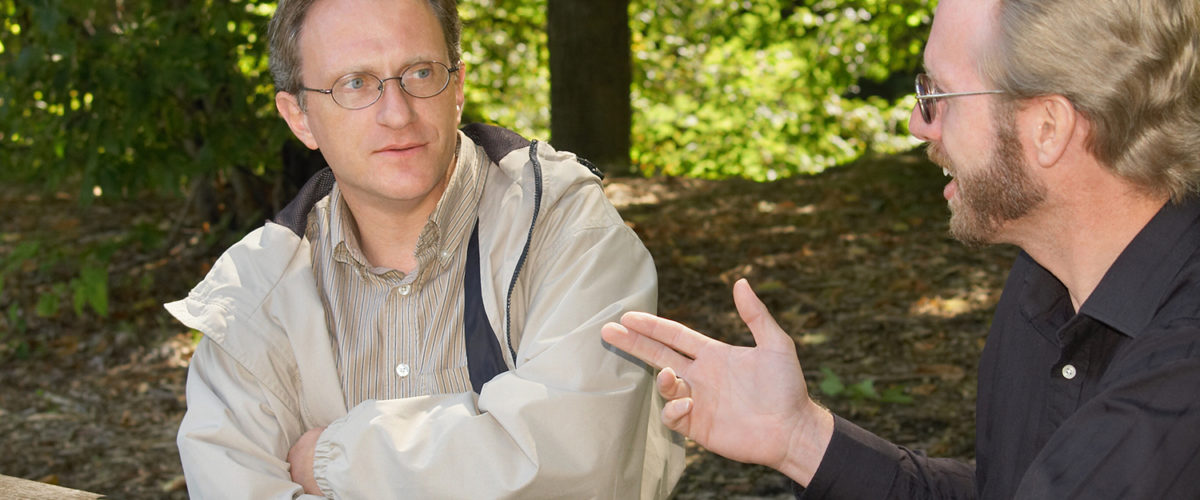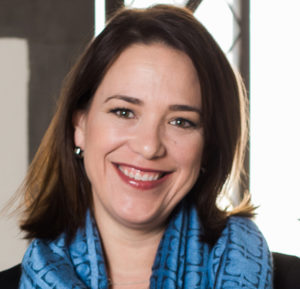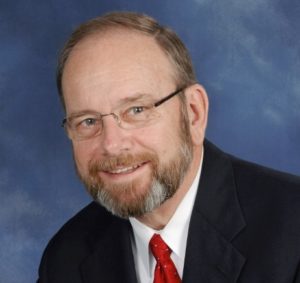Few ministers need coaches or surveys to tell them what Americans think of clergy these days. They can rely on their own experiences for that.
Amy Butler does.
Based on interactions with strangers on flights, at parties and in other settings, it’s apparent some people simply “can’t stand” pastors, said Butler, senior minister at The Riverside Church in New York City.
There also are those who become so intimidated in the presence of a minister that they try to improve their language and behaviors in the moment.
And it seldom has to do with whether the person is a churchgoer or not.
“Even if they are not religious, they have religious baggage and minsters are the recipients of people’s projections,” Butler said.
‘Crisis of credibility’
The respect Americans have, or don’t have, for ministers is a vital measure for religious groups struggling through an age of declining attendance, especially among young people.
The Barna Group has looked into the issue in a new study titled “The Credibility Crisis of Today’s Pastors.”
“The good news: Most people don’t dislike pastors. The bad news: They just don’t really care about pastors either,” Barna declared in a summary of the report published online.
The study, which was produced in cooperation with Pepperdine University, found that a quarter of American adults have “a very positive opinion of pastors in general.”
A slightly higher percentage holds either a “somewhat” or “very negative” opinion of clergy.
“The good news: Most people don’t dislike pastors. The bad news: They just don’t really care about pastors either.”
“Similarly, one-quarter of the population has little regard for the pastoral influence in their city or neighborhood,” Barna reported. It found that 19 percent believe pastors to be very influential.
Barna also found that a large percentage of U.S. adults believe clergy are of “some benefit” to the public, while those with personal connections with a pastor feel much more strongly that they do.
“This leaves significant room for pastors to continue to make a positive difference, in spite of the seeming crisis of credibility plaguing their occupation,” Barna said.
‘It has accelerated’
The origins of that credibility crisis, at least in part, lies with the declining credibility of the church in American society, said Mike Queen, a retired Baptist pastor and a consultant with the Center for Healthy Churches.
And that crisis, Queen said, stems largely from an increasingly secular society in which little accommodation is given to people and communities of faith.
“With that happening, there is probably less respect for clergy just like there is less respect for the church in general,” he said.
Queen began his career in ministry in 1981 and retired in 2011, and he currently is in his third interim position. In that time, he said he’s seen the lack of respect for church and minister decline.
“It has accelerated,” he said.
In part it’s the widening cultural divide driving those attitudes, he said. And it doesn’t help that ministers are held to higher standards in the public eye.
“Every time a minister does something wrong, it’s big news,” he said. “Every time a minister has a problem, then all ministers have a problem.”
‘Maybe that’s just the South’
Pastoral scandals definitely impact the opinions many — especially young people — have about the church and ministers, said Justin Cox, a first-year student at Wake Forest University School of Divinity and minister to students at First Baptist Church in Statesville, N.C.
For many Millennials and Generation Xers, ministers are associated with the many scandals they’ve grown up with, Cox said. More recently, the politicization of churches and the ministry also are offensive.
“It’s a total turnoff,” he said.
Many young people will say there is enough conflict in the world without going to a church and listening to a pastor engaged in controversy, he said.
Those behaviors, or even just the perception of them, will keep younger Americans away from church and taint their beliefs about clergy, he said. Those attitudes outweigh any interest they may have in a congregation’s spiritual practices.
“They say I don’t want the headache I see on social media,” he said.
Another impact is that many ministers in training are opting to serve in nonprofits and other non-church outlets, Cox said.
“They see church as a vehicle that doesn’t move that well.”
Yet, Cox said he is still treated with respect in the community.
“I get taken to lunch by people — younger and older,” said Cox, who is 36. “I have an expense account at church and I have never had to use it to pay for a meal or a coffee. Maybe that’s just the South.”
‘The biggest party killer’
That’s hardly been Butler’s experience.
“People are often surprised and consider it strange” that she is a minister.
And the information can also be a downer in certain settings.
“I say it’s the biggest party killer ever in New York City,” Butler said. “When someone asks what I do for a living, it just kills the party.”
Butler said she rarely discloses her identity as a minister in public, especially during flights.
“Almost 100 percent bring up one of two things,” she said.
“They want to convince you that they are religious and practicing and in the good graces of the church.”
For the other group, it breaks down barriers. “They immediately tell you their deep dark secrets and feel the need to confess,” she said.
Butler said she will disclose her calling in crisis situations.
She recalled a flight during which an elderly male passenger became very ill. When he was taken forward for treatment, Butler sat down beside the man’s wife.
“She asked me to pray and I held her hand until the plane landed,” she said.
“What was interesting, the woman said ‘I am not religious, but please stay with me and pray.”





